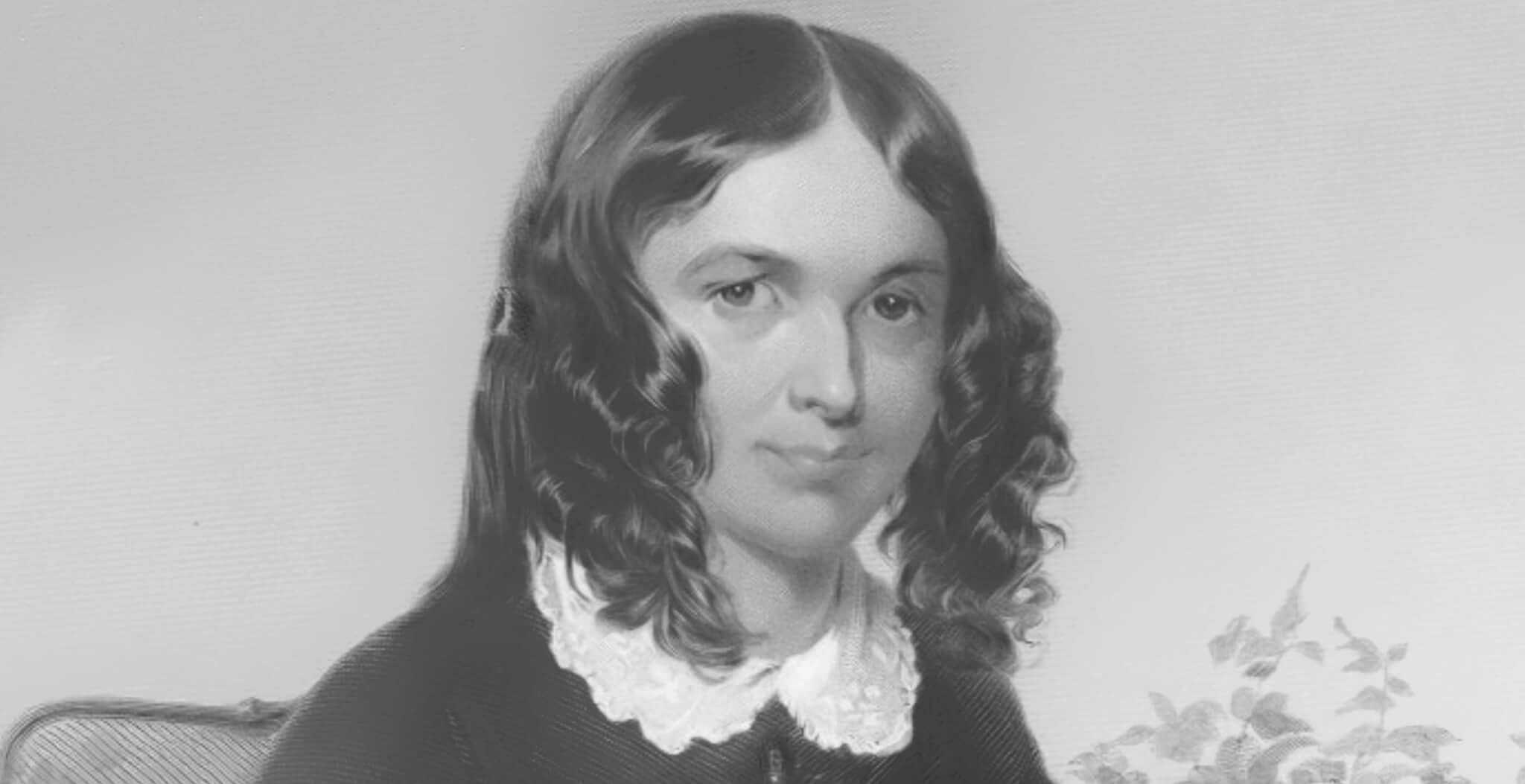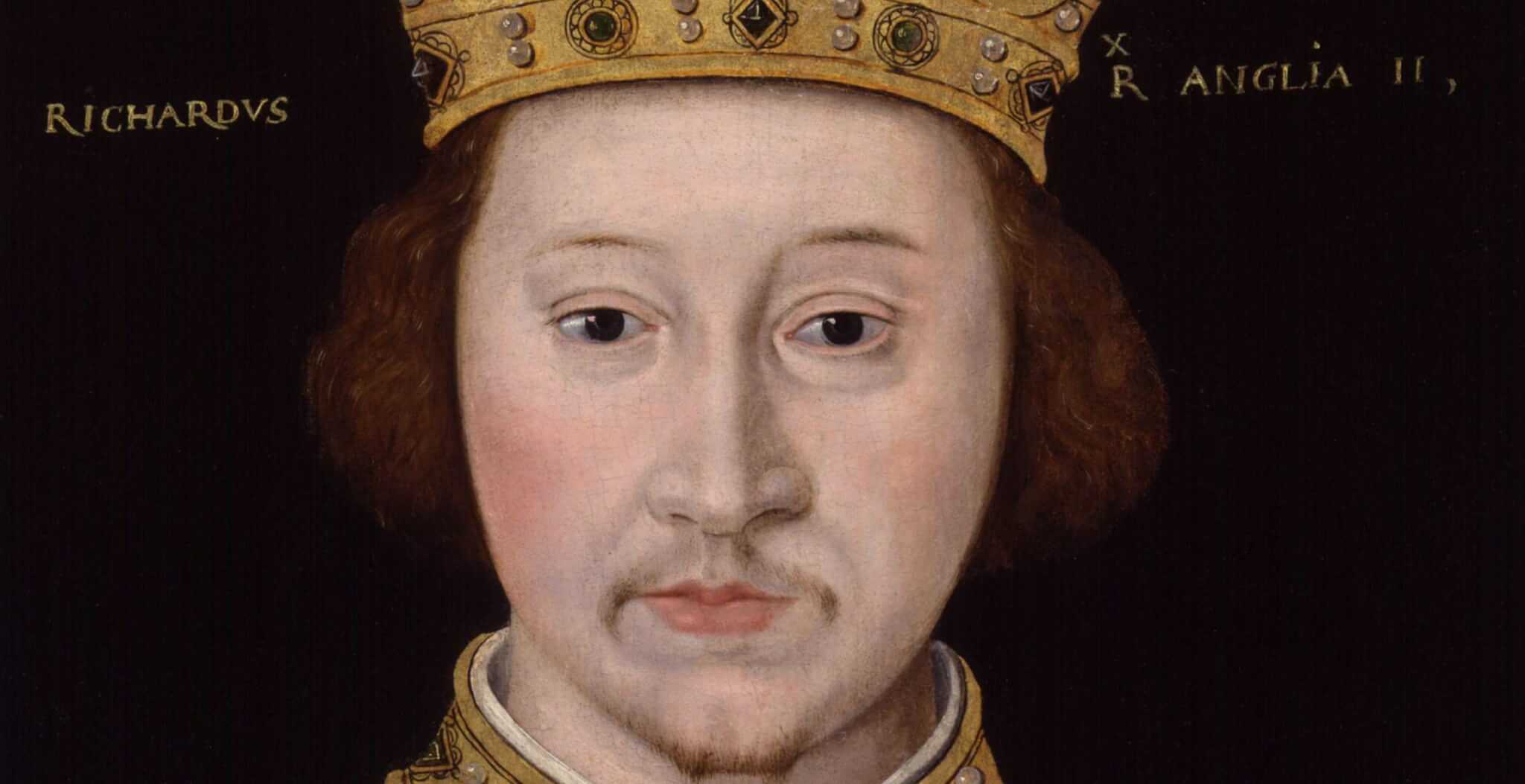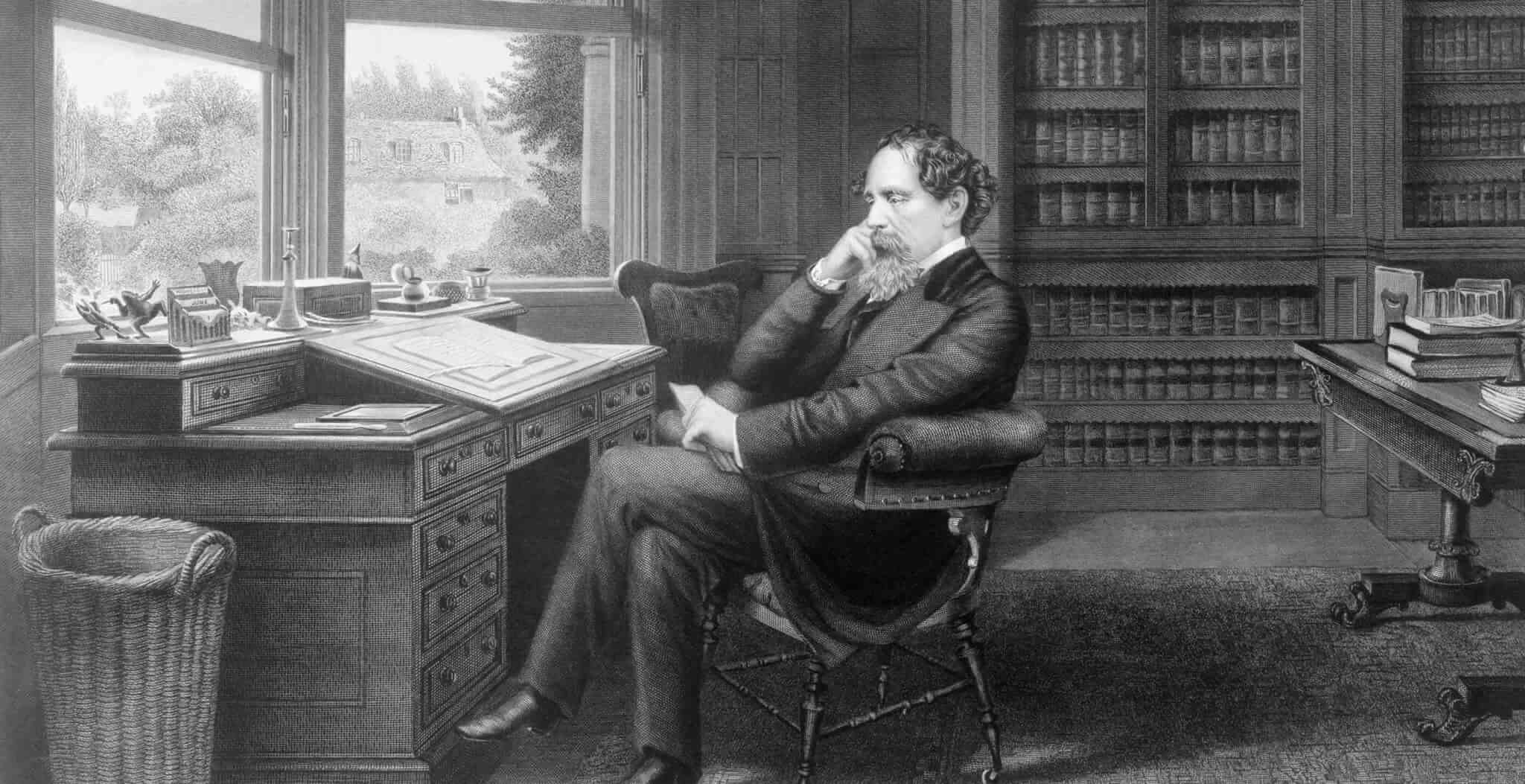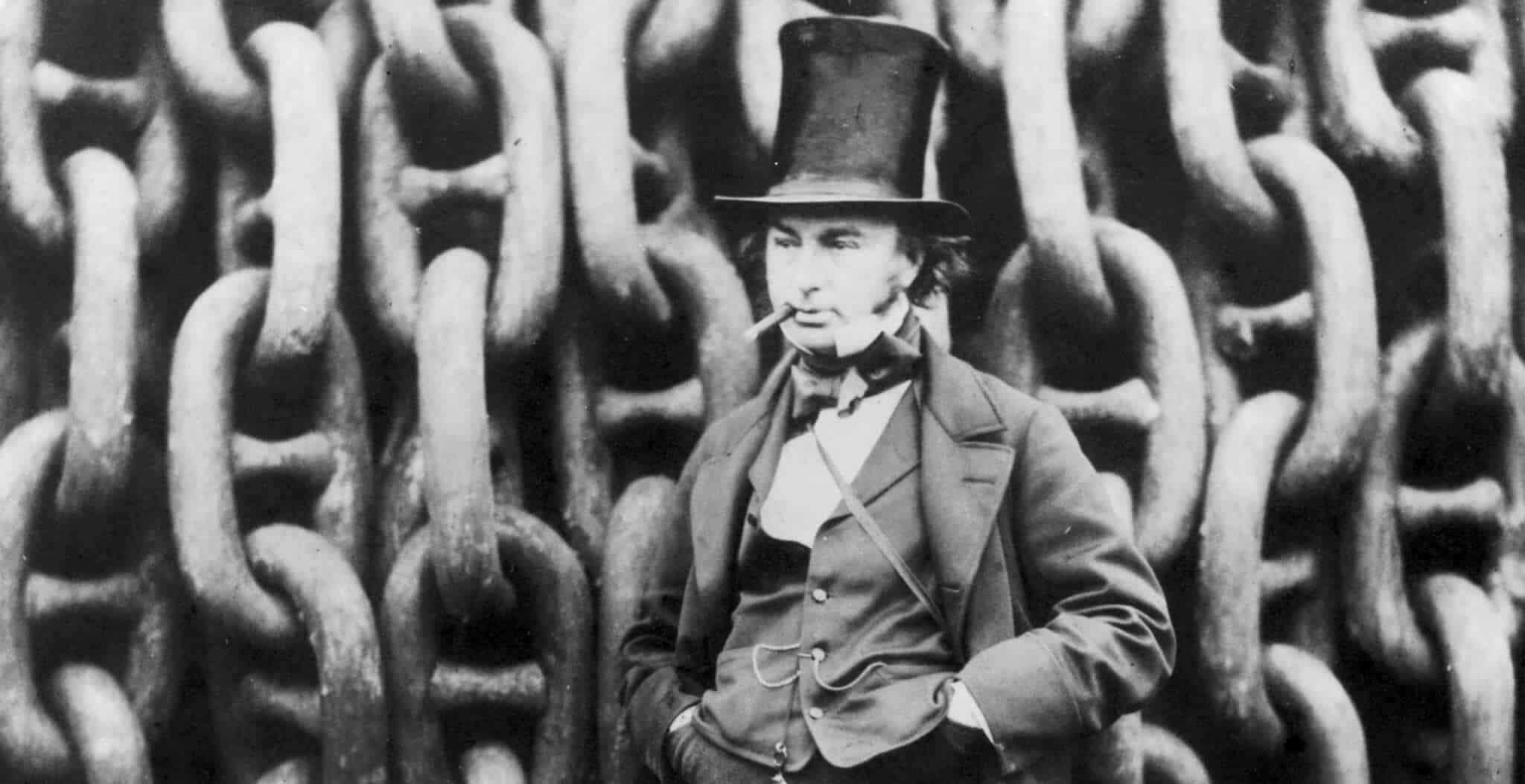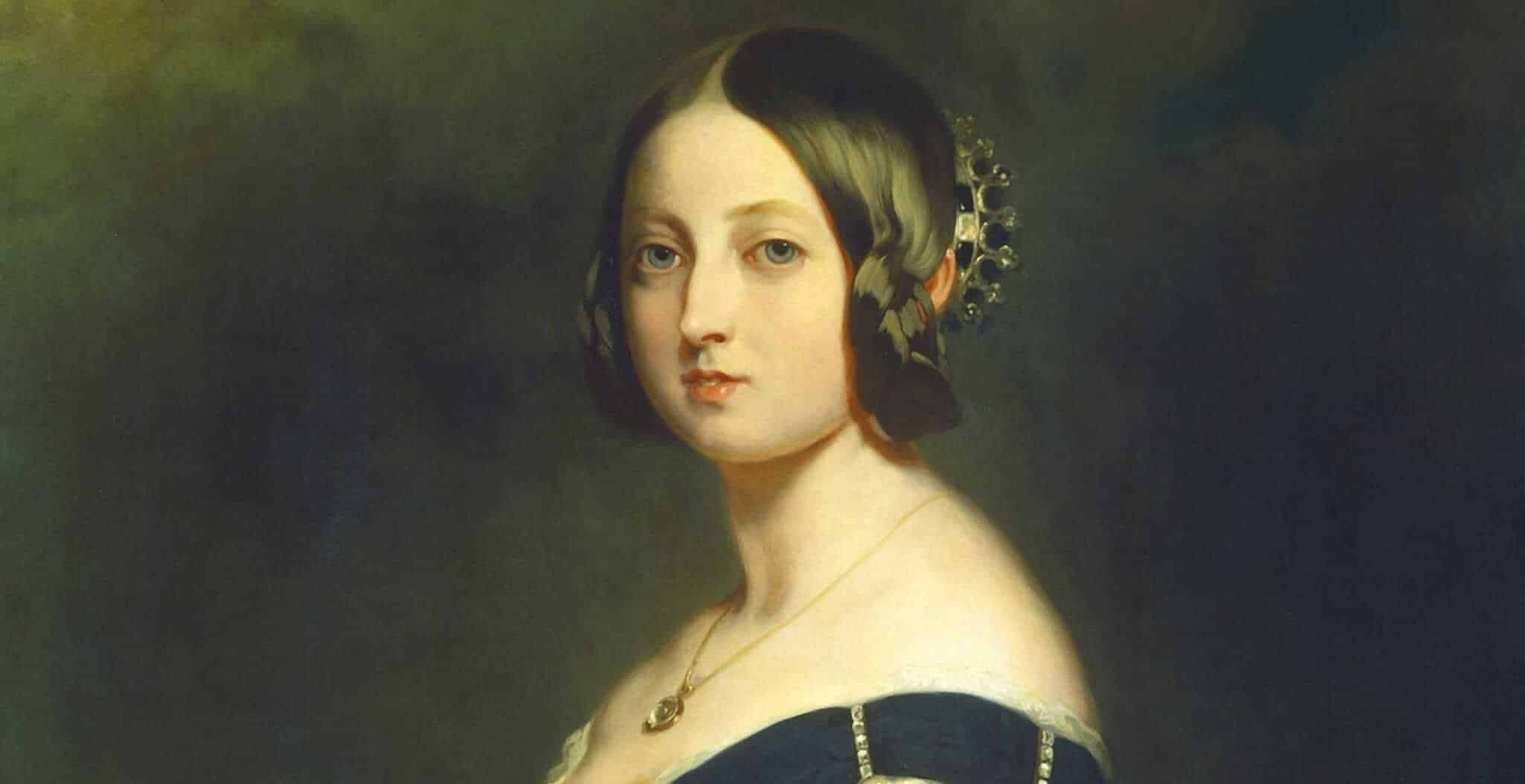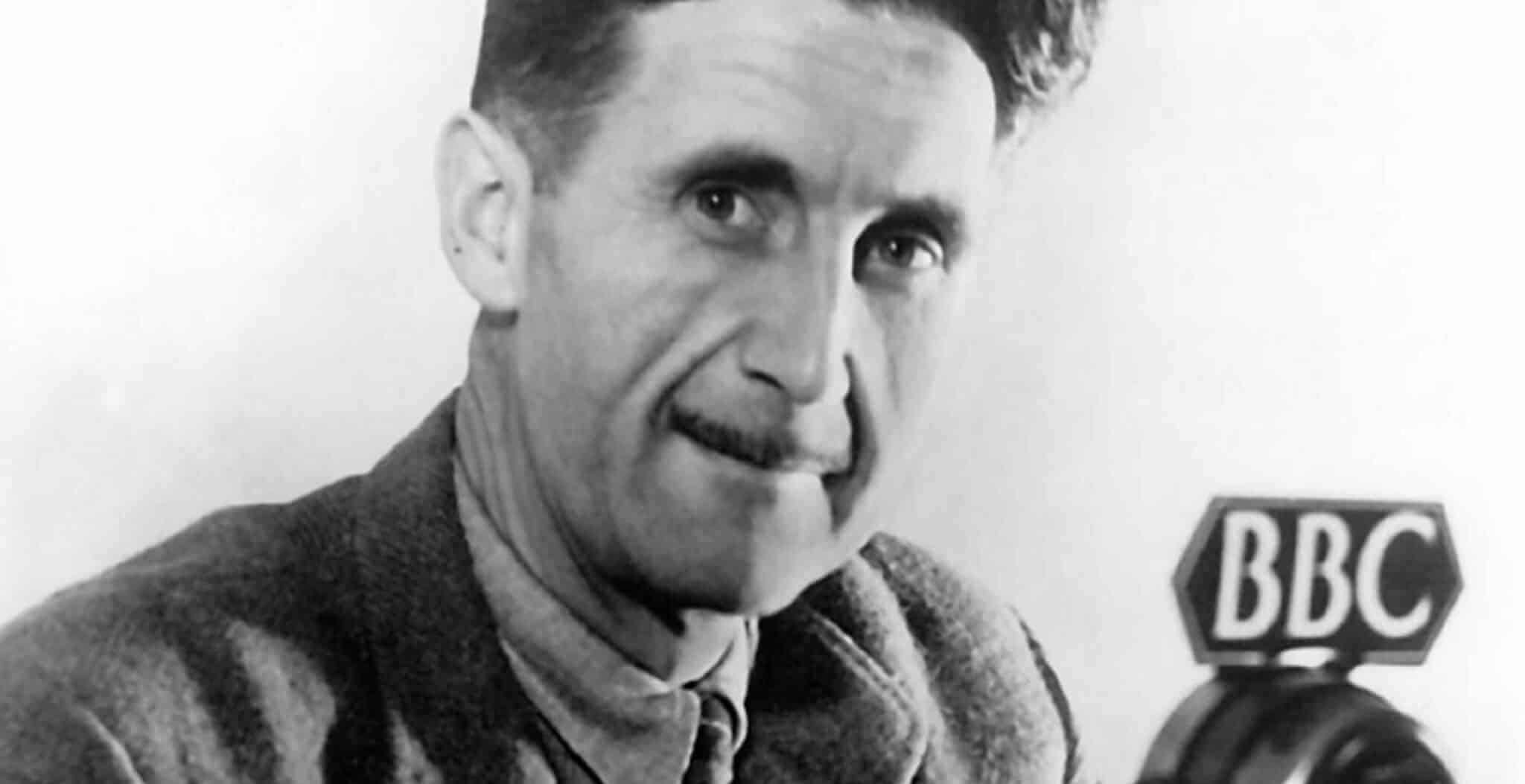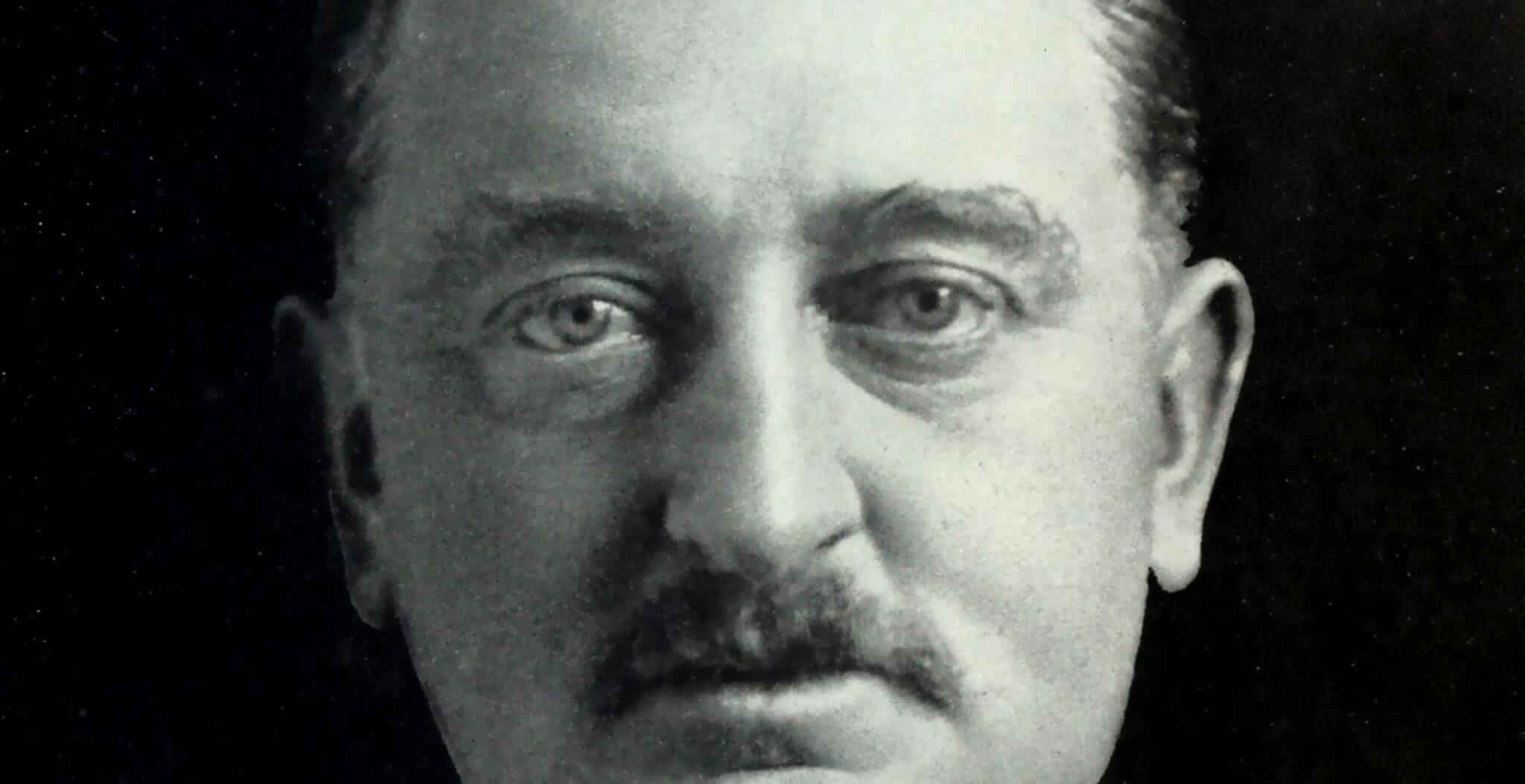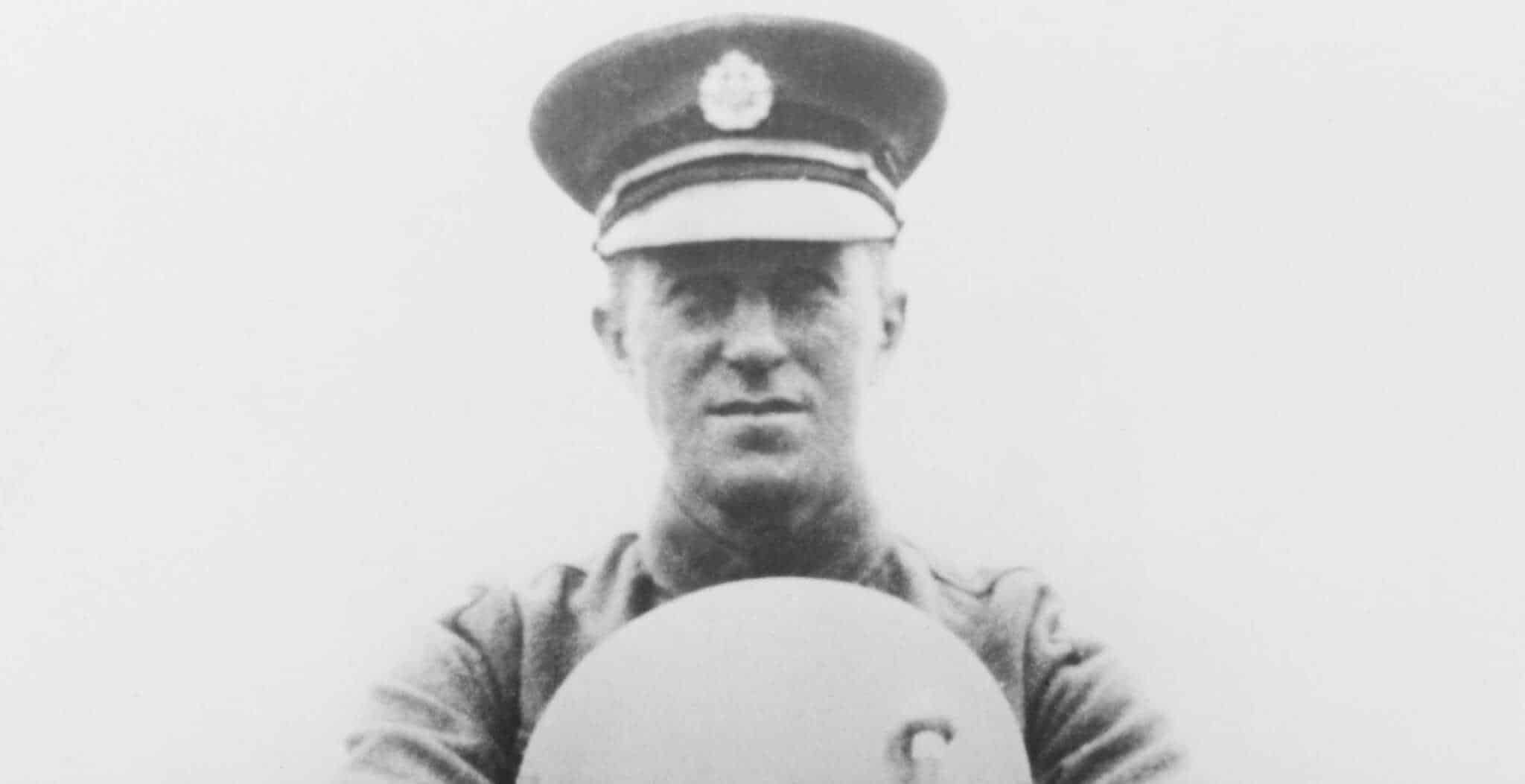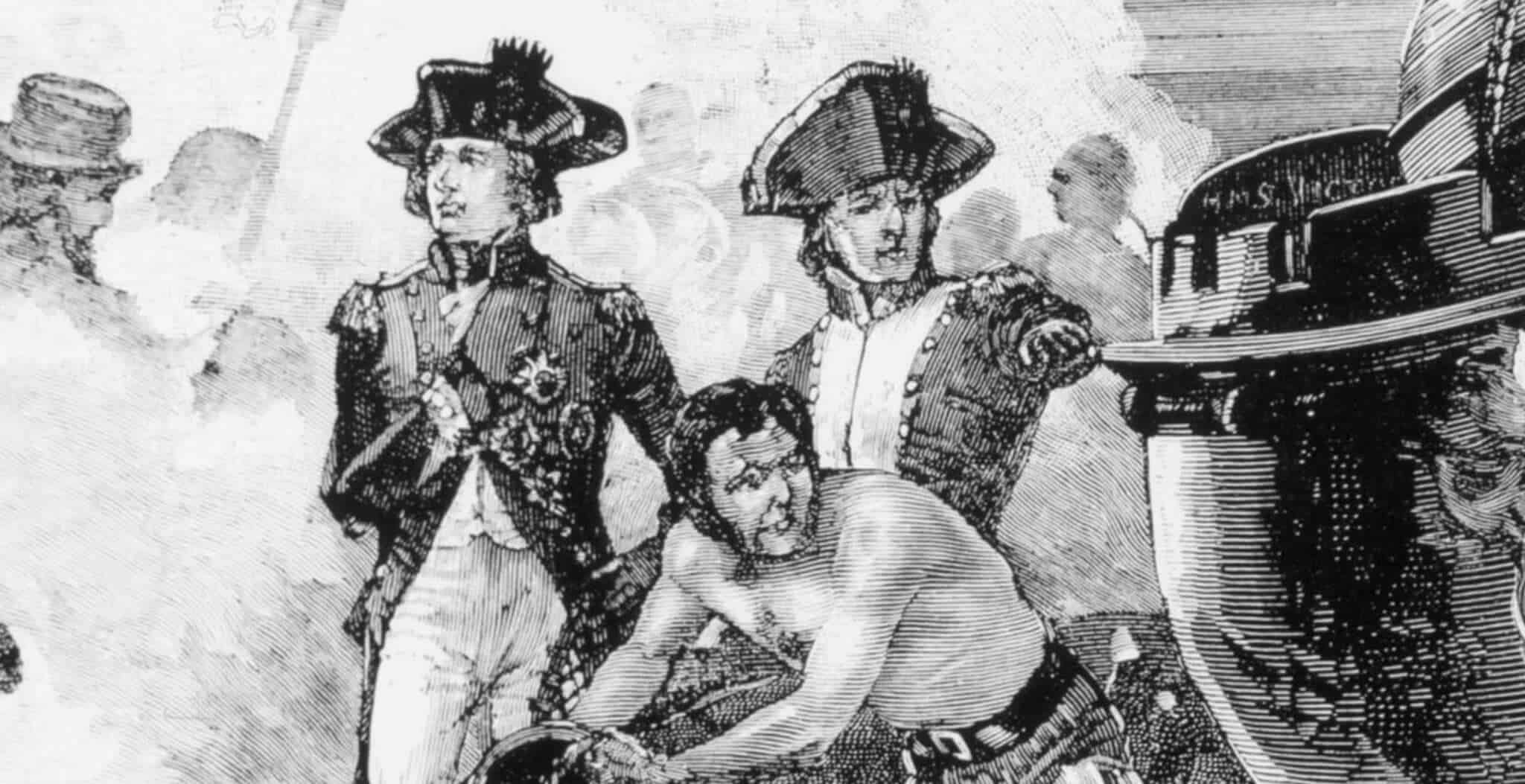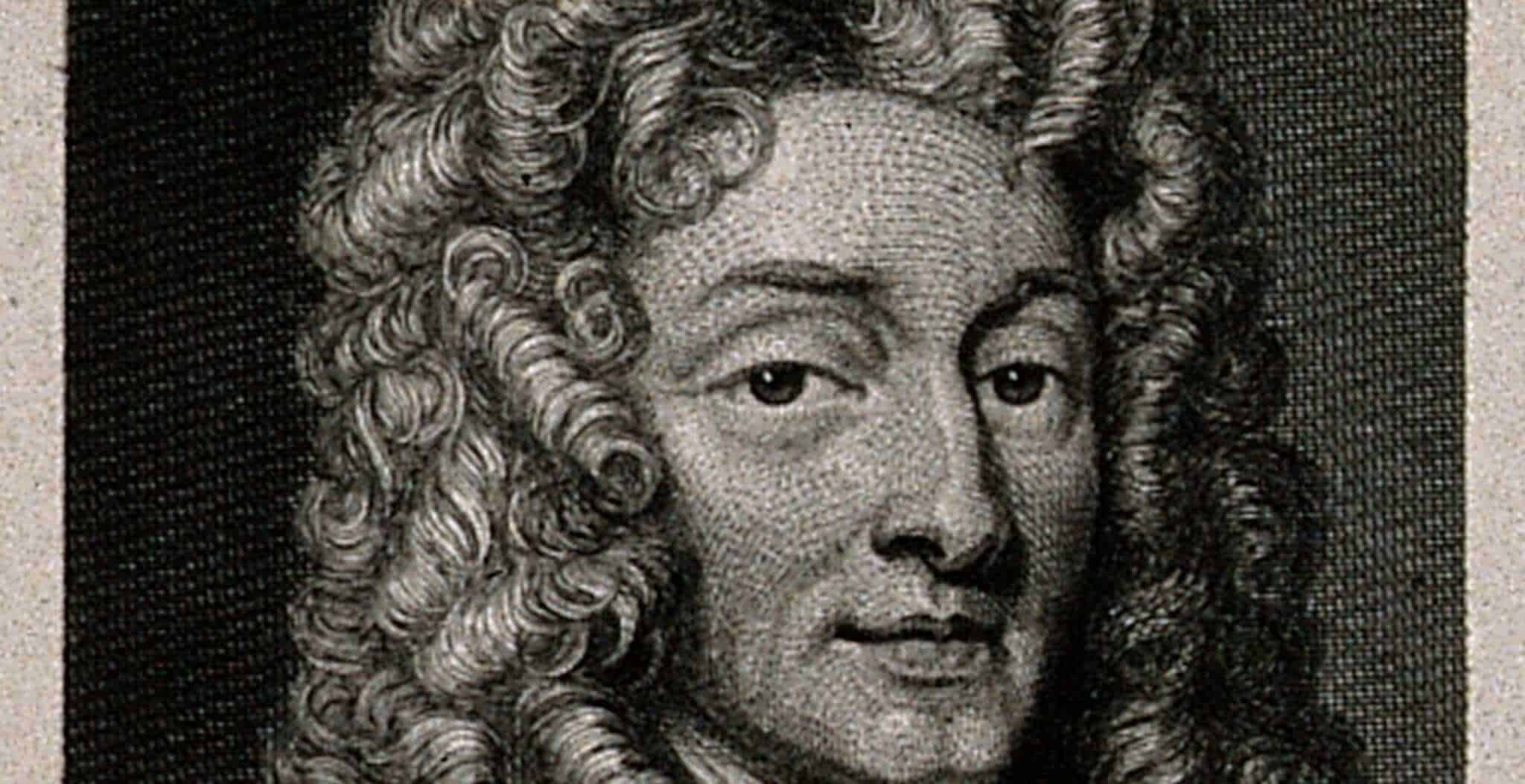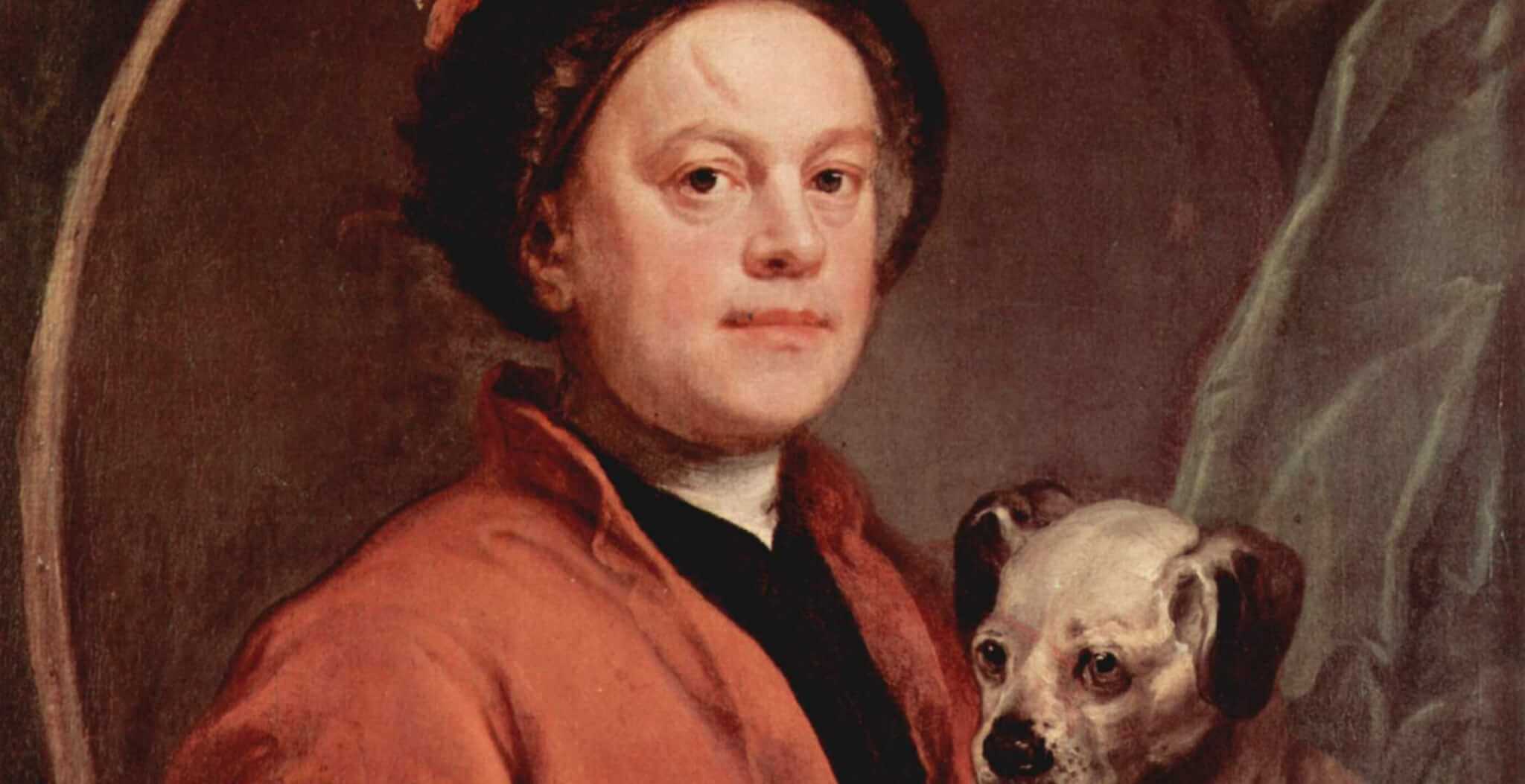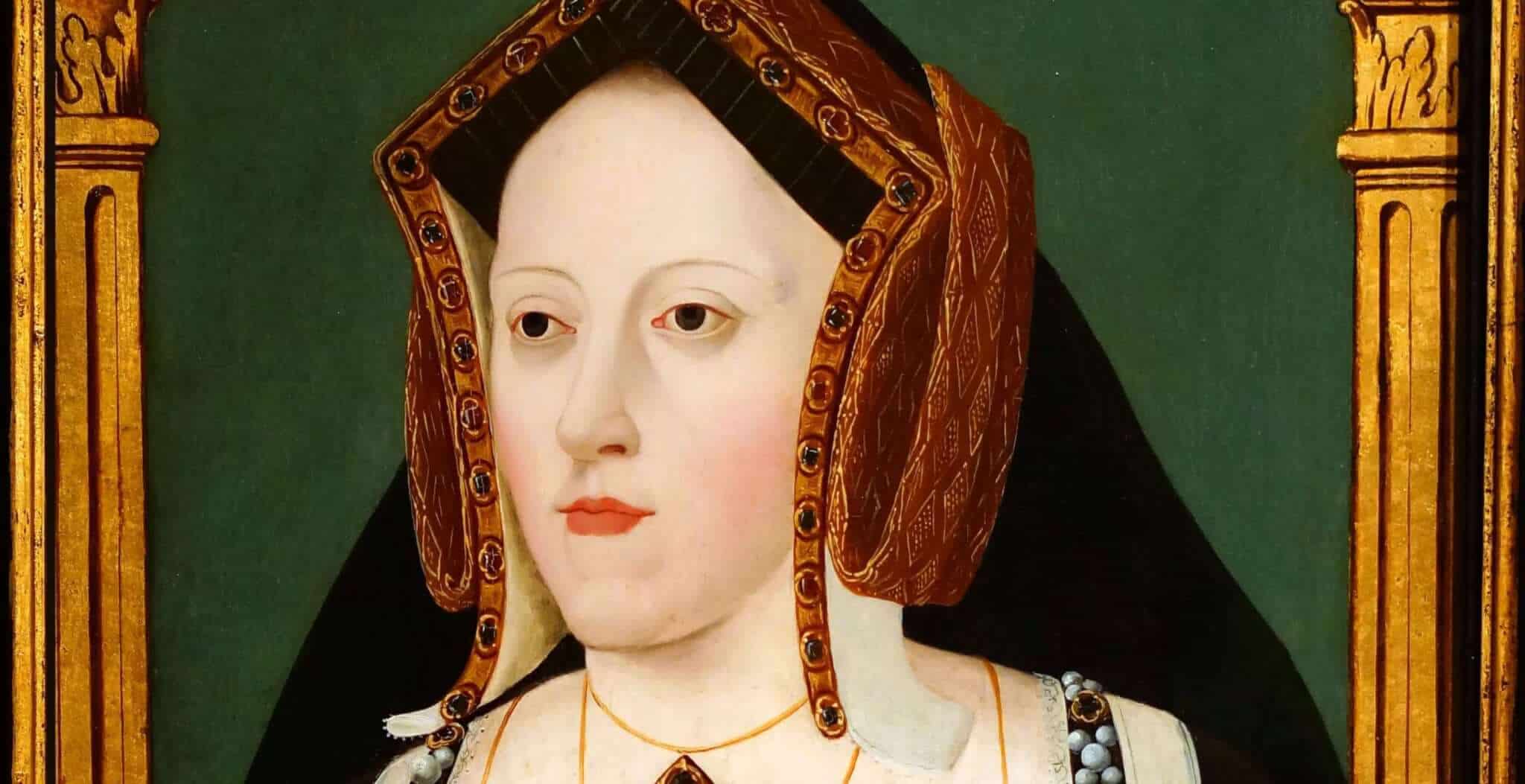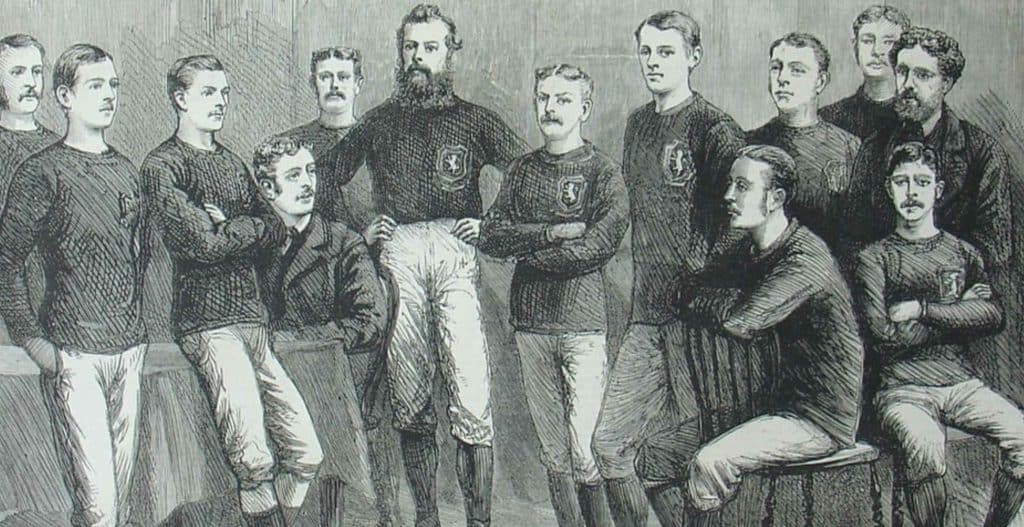Our selection of historic birthdates in March, including King Henry II, Dr David Livingstone and Andrew Lloyd Webber. The picture above is of Elizabeth Barrett Browning.
| 1 March. | 1910 | David Niven, Scottish-born film actor whose films included The Pink Panther and The Guns of Navarone. | |
| 2 March. | 1545 | Thomas Bodley, scholar, diplomat and founder of Oxford’s famous Bodleian Library. | |
| 3 March. | 1847 | Alexander Graham Bell, Scottish-born inventor of the telephone, photo phone, graphophone, microphone and a host of other really useful phones. | |
| 4 March. | 1928 | Alan Sillitoe, author and playwright whose books included Saturday Night and Sunday Morning and The Loneliness of the Long Distance Runner. | |
| 5 March. | 1133 | King Henry II, son of Matilda and Geoffrey of Anjou who was to become the first Plantagenet king of England. | |
| 6 March. | 1806 | Elizabeth Barrett Browning, Victorian poet whose works including Sonnets from the Portuguese, are perhaps now overshadowed by her more famous husband Robert Browning. | |
| 7 March. | 1802 | Edwin Henry Landseer, painter and sculptor of the lions in London’s Trafalgar Square. | |
| 8 March. | 1859 | Kenneth Grahame, Scottish author of the children’s book The Wind in the Willows. | |
| 9 March. | 1763 | William Cobbett, radical author, politician and journalist who championed the cause of the underprivileged and wrote the Rural Rides in 1830. | |
| 10 March. | 1964 | Prince Edward, youngest son of Queen Elizabeth II. | |
| 11 March. | 1885 | Sir Malcolm Campbell, holder of the world speed records on land and sea. | |
| 12 March. | 1710 | Thomas Arne, English composer who wrote Rule Britannia. | |
| 13 March. | 1733 | Dr Joseph Priestley, scientist who, luckily for us all, discovered oxygen in 1774. | |
| 14 March. | 1836 | Mrs Isabella Beeton, author of Mrs Beeton’s Book of Household Management – everything a Victorian middle class woman should know!. | |
| 15 March. | 1779 | William Lamb, Viscount Melbourne, twice British Prime Minister in the early 1800’s. His wife Lady Caroline, scandalised London society with her affair with Lord Byron. | |
| 16 March. | 1774 | Mathew Flinders, English explorer after whom the Flinders mountain range and Flinders River in Australia are named. | |
| 17 March. | 1939 | Robin Knox-Johnston, the first person to sail single-handed, non-stop around the world. | |
| 18 March. | 1869 | Neville Chamberlain, British prime minister who tried unsuccessfully to make peace with Hitler. He returned from Munich in 1938 claiming ‘peace in our time’. Within a year, Britain was at war with Germany. | |
| 19 March. | 1813 | Dr David Livingstone, Scottish missionary and explorer, the first white man to see the Victoria Falls. His missionary work was less successful – apparently he only ever made one convert. | |
| 20 March. | 1917 | Dame Vera Lynn was born in London and by the age of seven, was singing on a regular basis in working men’s clubs. She made her first broadcast in 1935. During the Second World War Vera found fame as the “Forces Sweetheart”, keeping up the spirits of the public with such songs as “We’ll Meet Again” and “White Cliffs of Dover”. These songs, and some films, catapulted Vera Lynn into what would now be referred to as superstardom. | |
| 21 March. | 1925 | Peter Brook, director of stage and film. | |
| 22 March. | 1948 | Andrew Lloyd Webber, composer of musicals including Cats, Evita and Phantom of the Opera, to name but a few. | |
| 23 March. | 1929 | Dr Roger Bannister, who, as a medical student, was the first person in the world to run a mile in under four minutes (3 min 59.4 sec) | |
| 24 March. | 1834 | William Morris, socialist, poet and craftsman who was associated with the Pre-Raphaelite Brotherhood. | |
| 25 March. | 1908 | David Lean, film director responsible for such greats as Lawrence of Arabia, Dr Zhivago and Bridge over the River Kwai. | |
| 26 March. | 1859 | Alfred Edward Housman, scholar, poet. and author of A Shropshire Lad. | |
| 27 March. | 1863 | Sir Henry Royce, car designer and manufacturer who co-founded, with C.S.Rolls the Rolls-Royce motor company. | |
| 28 March. | 1660 | George I, King of Great Britain and Ireland from 1714. Became king following the death of Queen Anne. He spent most of his reign in Hanover, never having mastered the English language. | |
| 29 March. | 1869 | Edwin Lutyens, architect known as the last English designer of country houses. Other works include the cenotaph, vice-regal palace in New Delhi and Roman catholic cathedral (Paddy’s wig-wam) in Liverpool. | |
| 30 March. | 1945 | Eric Clapton, songwriter and guitarist. | |
| 31 March. | 1621 | Andrew Marvell, poet, political writer and buddy of John (Paradise Lost) Milton. | |
